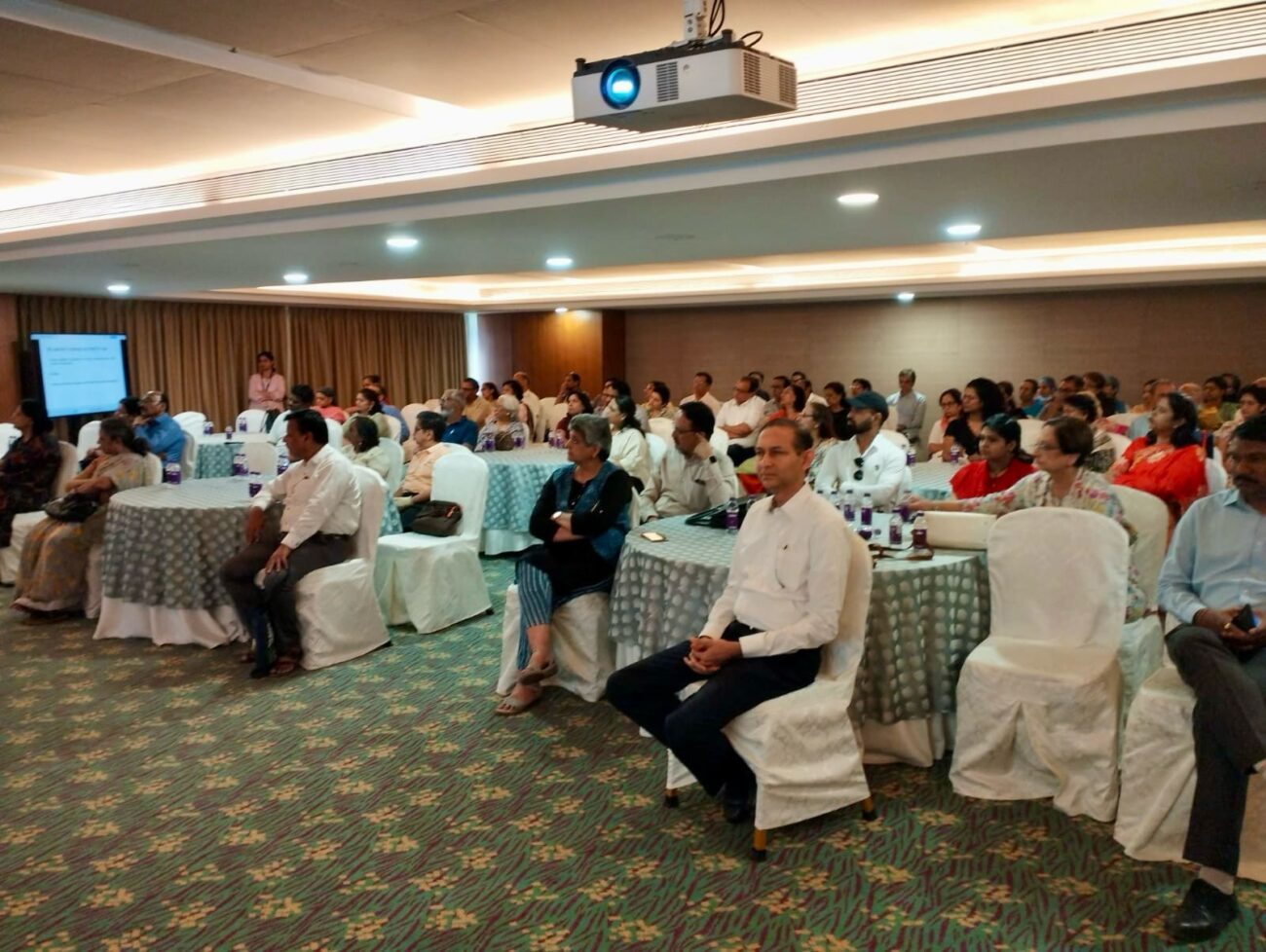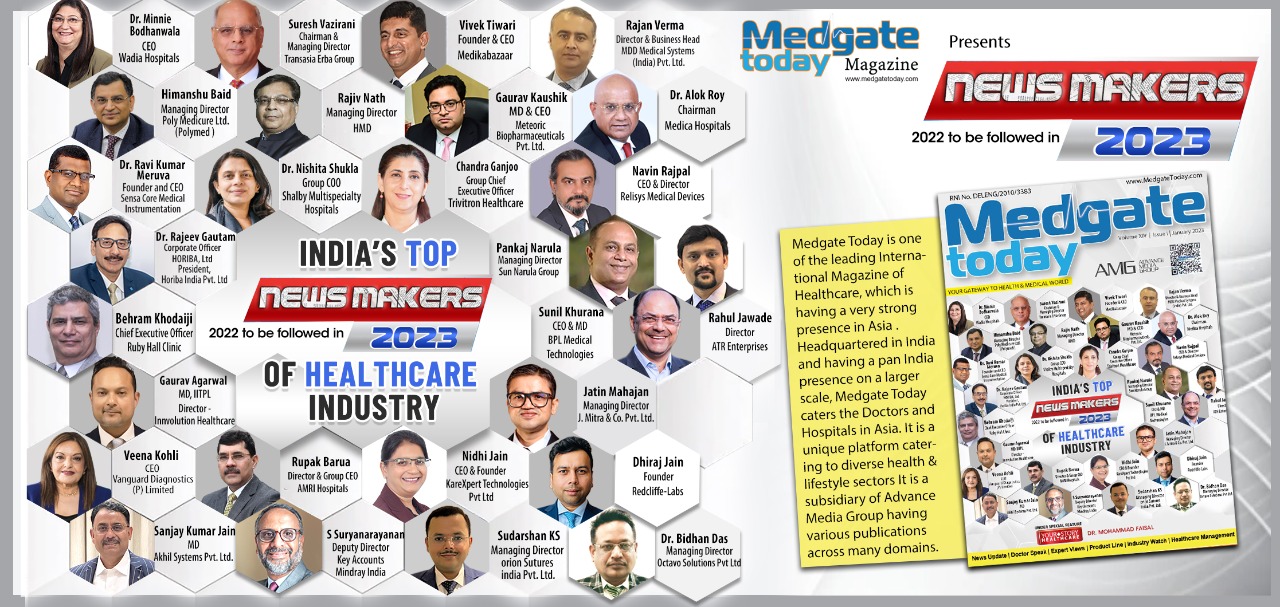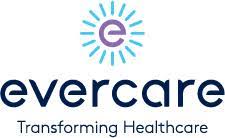National Conference on Interdisciplinary Approach to Healthcare
SYMHEALTH 2018- A National Conference on Interdisciplinary approach to Healthcare, a three day mega event began on May 3, 2018 with Connexions workshop. An introduction to the workshop & opening address was given by Dr.
SYMHEALTH 2018- A National Conference on Interdisciplinary approach to Healthcare, a three day mega event began on May 3, 2018 with Connexions workshop. An introduction to the workshop & opening address was given by Dr. Rajiv Yeravdekar, Dean, Faculty of Health & Biological Sciences, Symbiosis International (Deemed University) wherein he mentioned that in an individual, emotional quotient is more important than intelligence quotient. He further announced the establishment of the Symbiosis Centre for Emotional Wellbeing. He stressed on the importance of building awareness around the critical role of emotions in teaching, learning, and educational wellness and effectiveness. Dr. Rajiv further mentioned that the Symbiosis Centre for Emotional Wellbeing is based on research and design oriented holistic interdisciplinary educational approach that support people of all ages in developing emotional intelligence and the skills to thrive and contribute to society.
The first session was on emotional intelligence & leadership in healthcare by Mr. Virender Kapoor, an internationally acclaimed motivational speaker. Mr. Kapoor spoke on how the skills in emotional intelligence (EI) help healthcare leaders in understanding, motivating & engaging their team better than a conventional approach to leadership in healthcare. He pointed out that leadership is not a science but it’s an art. This session gave a new perspective to healthcare leaders and was hugely applauded by the audience
The second session by Mr. Ashish Bhatia, Regional Director COO (North and East) Fortis Healthcare India, discussed on the primary requisites & skills required to become a hospital CEO. He spoke on the methods of making your hospital a superbrand by mainly focusing on the essentials of patient satisfaction, patient centric services, clinical engagement & community connect.
Dr. Parag Rindani, Associate Vice President, Wockhardt Hospitals, spoke on the challenges faced by hospitals in supply chain management. The main challenges in supply chain management includes items expiring on shelves before reaching consumers & inefficient manual processes and how introduction of information technology can streamline the process & reduce revenue leakage.
The final session of the day was on entrepreneurship in healthcare by Mr. Anurag Bhusari, CEO, S2 Infoline Solutions who mentioned that as technology has improved and become more widely available, many companies are moving into healthcare or healthcare-adjacent fields, driven by entrepreneurs who see the value of this emerging market. This session summed up the day’s proceedings.
Day 2 of SYMHEALTH 2017 opened up with an invigorating talk on Home healthcare by Dr. Gaurav Thukral, Executive VP, Health Care at Home India Pvt. Ltd. The scope of home healthcare has increased over the past five years due to the growing elderly population. He mentioned about the numerous benefits of home healthcare such as changing the point of care, moving from episodic to continual care, reduction in cost of treatment, improved outcomes through utilization of technologies. Home healthcare has evolved from basic home healthcare to setting up of functioning ICUs at home.
The second session of the day was an engaging talk on Healthcare startup- opportunities & challenges by Dr. Shyam Vasudevrao, Founder and Director Forus Health, Renalyx and Rx DHP. He mentioned that healthcare is a continuous process and we need to reach, connect, sustain and treat people using technology available at our disposal. He explained how technology can make healthcare more affordable even for families who depend on daily wages. Multiple tests requiring multiple equipment start-up costs can now be performed on one comprehensive unit thereby reducing the time required for detection & also the cost of detection.
Dr. Rajendra Patankar, COO, Nanavati Hospital, Mumbai discussed on the sensitive topic of managing consultants in tertiary care hospitals. Healthcare is complex wherein availability of good doctors is impactful but giving a good amount of time to patients is also critical. To garner the trust of consultants, the hospital administrator must involve the consultants in decision making process. Also focus must be given by hospital administrator for engaging all part time consultants into a full time assignment thereby increasing their involvement. Engaging consultant is critical. A doctor busy continuously seeks feedback on services. A more skilled doctor with poor communication may not be as effective as someone with good people skills.
Mr. Meghraj Gore, Vice President – Operations, Fortis Healthcare Limited spoke on
Financial planning for sustainable hospitals. He pointed out that sustainability is managing three bottom-lines i.e. profits, people and planning. 60% population prefers private setup for healthcare services. Healthcare industry is the largest provider of employment especially women workforce. We now have a Government with ambitious healthcare agenda. Today we have a deficit of 10,000 hospitals of 100 beds each. As per WHO recommendation, we are still in deficit of 3.5 lac doctors and 8 lac nurses into the system. Nearly 80% of doctors are located in urban areas serving only 28% of Indian population. 5 Fundamentals of financial planning are patient’s satisfaction, growth, cash, gross contribution and velocity. To be sustainable hospital must be frugal in adopting technology, reduce waste, focus key competency.
The session on training & development for healthcare professionals was conducted by Dr. Rakesh Varma, Managing Director, Falcon Skills: Current grow areas in healthcare are changing point of access i.e. home healthcare, harnessing technology and artificial intelligence in healthcare, medical value travel tourism, new areas like geriatrics, mental health, sports medicine and wellness services and Telemedicine. Infant mortality rate in India is 48%. He further outlined a few barriers to learning and development such as poor interface between formal education and industry for e.g. No formal training for doctors and nurses on communication skills. Most hospitals lack formal training department. Most hospitals don’t consider training of manpower in their budget.
Dr. Sanjay Gupte, Former President, The Federation of Obstetric and Gynecological Societies of India gave the audience food for thought with his discourse on Legal aspects of healthcare delivery. A doctor can be held vicariously liable on case of negligence in account of nursing staff. Proper recording of vital signs ie pulse, temperature, blood pressure etc is very important. Arrangement of an appropriately qualified locum is required when a doctor plans for going on vacations to avoid potential litigations. All hospitals must provide treatment irrespective of a case being medico legal case. All hospital must treat emergency patient without demanding deposit. During an emergency real and valid consent can be sought, which means patient must have competence and capacity to consent and the consent must be voluntary.
The valedictory ceremony on May 5, 2018 was graced by Shri. Girish Mahajan, Minister for Water Resources & Medical education, Govt. of Maharashtra, Dr. Ravi Wankhedkar, National President, Indian Medical Association, Dr. S.B. Mujumdar, Chancellor, SIU, Dr. Rajani Gupte, Vice Chancellor, SIU & Dr. Rajiv Yeravdekar, Dean, FoHBS
Dr. Rajiv Yeravdekar welcomed the honorable guests and appealed to Shri Mahajan to spearhead medical reforms policy. He further appealed to the Minister that Symbiosis be allowed to conduct the bridge course in pharmacy. He stressed that human capital must be invested upon and man management is fundamental for any successful healthcare organization.
The session was presided over by Dr. S. B. Mujumdar, Founder & President, Symbiosis International (Deemed University.) Dr. Mujumdar mentioned that this is a unique audience consisting of a mixture of 1000 doctors, nurses and medical administrators. He also mentioned that representatives from 20 states have come to attend SYMHEALTH 2018. Symbiosis apart from academics also has a unique feature of being a health promoting university.
Shri. Girish Mahajan, Minister for Water Resources & Medical education, Govt. of Maharashtra remarked that he is very happy to be invited to Symbiosis.
Shri. Girish Mahajan (Minister) also said that he always wanted to become a doctor, however, he is now glad to be looking after a portfolio that is to do with medical education. Good education, physical and emotional fitness is a need of the hour especially in doctors. Every Zilla should have medical college so that common man gets the services. Tribal areas are vastly affected and education is also less. A new bill is coming up against cut practice of doctors. Our government has taken control of admissions so only a talented student can become doctor. Fees regulatory authority is started. Research should also be done in Indian scenario and not do what the foreign countries are done. We have talent in India and all sectors are changing. Symbiosis has only one goal is education and never asks for anything.
He was positive that if Symbiosis wants any help from the government they are always welcome.
Dr. Ravi Wankhedkar, National President, Indian Medical Association
IMA is largest ass of practicing doctors with 3 lac strong community. IMA is for better health of community. Not only doctor but entire community is responsible for good health. Everyday some doctor is assaulted. There has to be a strong central legislation to safeguard doctors. IMA doesn’t want to agitate but since last 70 yrs. all stakeholders are not consulted when devising policies for better patient care. India produces 67k MBBS and 30 K come from other countries and soon every third doc of world will be an Indian. He also added that max suicides happen in medical students or doctors. IMA has started addressing this issue and started mentorship programme.
Around 1000 to 1200 healthcare professionals, from India, comprising of professionals from diverse verticals of the healthcare sector including domains of Hospital & Healthcare Management, Medico Legal Systems, Medical Insurance, Clinical Research, Healthcare IT professionals, General practitioners, Specialists & Doctors from Allied Health Sciences, Policy makers & Administrators, Representatives of the Pharma sector, Representatives of Civil Society Organisations and Representatives of private and public Healthcare sector organizations participated in this event.





